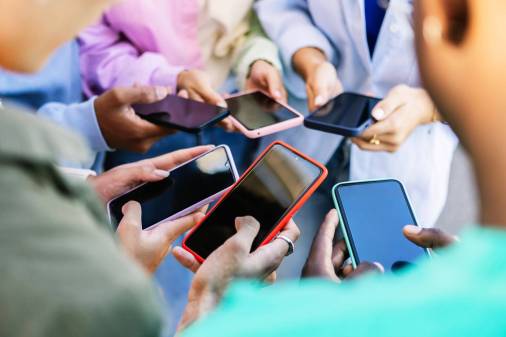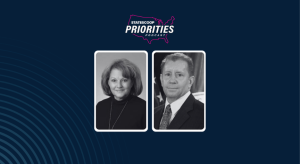Commentary: Four steps to mobile adoption for human services

Commentary
Most government human services agencies recognize the role for mobile applications in delivering public service for the future. Mobility helps bridge the gap between available services and the people who need them. However, agencies cannot simply build human service applications and expect immediate uptake. They must think beyond IT and actively drive citizen awareness and adoption.
The majority (58 percent) of Americans now own a smartphone – and market penetration rates and people’s comfort with the technology are growing. Smartphones are increasingly becoming the first choice for digital access – from surfing the Internet to downloading apps. More so than ever, agency executives also recognize they need to deliver digital services that meet people where they are.
But agencies continue to struggle to meet the public’s demand. A survey by Accenture of human services beneficiaries in the U.S. reveals a hunger for mobile human services solutions, which are not yet widely available.
Nearly half of respondents (46 percent) said they would likely download and use a human services app. Interest is higher (64 percent) in apps linked to specific human services functions such as making changes, checking benefits, renewing an application or storing EBT card data.
So, what should agencies do to position themselves for this new value from mobile human services solutions?
Getting mobile apps right means seeing beyond the excitement of the latest “shiny object.” It demands a strategic approach to building and sustaining mobile app adoption. Success is not about technology alone — that’s the easy part. It’s about communicating value and changing citizen behaviors. To do so, human services agencies should follow a four-phased approach:
Done right, purpose-built human service apps can deliver significant benefits to citizens, caseworkers and agencies.
For citizens, mobile apps provide more convenient, engaging and personalized services. People save time by eliminating travel times, long lines, having to take time off work and childcare costs.
Because mobile apps lower call volume and in-person visits and automate basic services, they also help caseworkers function more efficiently and effectively, driving mission productivity by allowing them to focus on more strategic tasks.
Agencies not only benefit from more satisfied customers and more productive staff, but can also experience significant cost savings as a result.
Mobility is essential to delivering public service for the future — and the possibilities for the use of mobile apps in human services are exciting. However, to realize the full benefit of mobility, agencies must proactively strategize to ensure adoption of mobile digital solutions.
Debora Morris is Accenture’s human services global lead for integrated service delivery.






